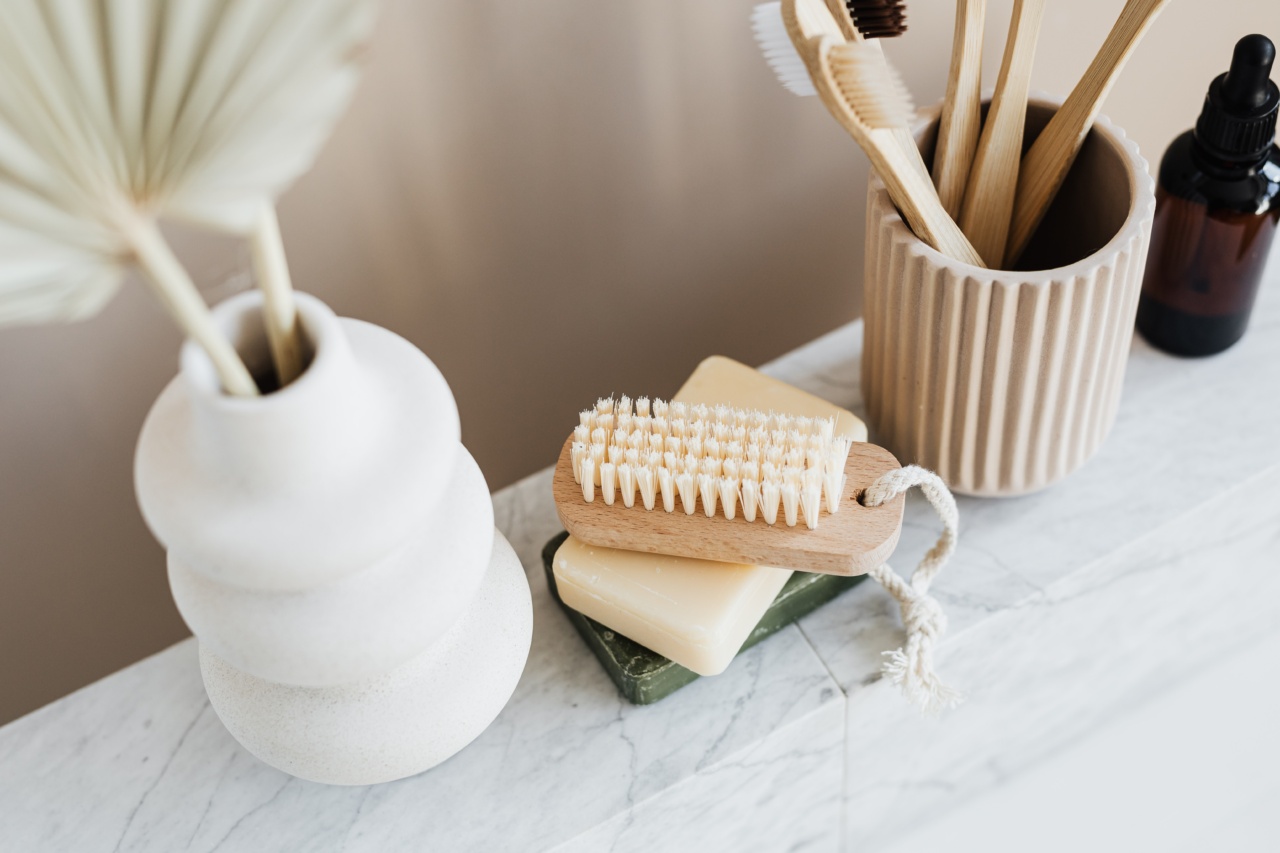Pregnancy is a time of immense joy and anticipation, but it also brings about numerous physical changes in a woman’s body. From morning sickness to swollen feet, the body goes through various transformations during this period.
While many women are well aware of the importance of a healthy diet and regular exercise during pregnancy, dental care often takes a backseat. However, maintaining good oral hygiene is crucial during this time, as hormonal changes can significantly impact oral health. In this article, we will discuss some essential tips for dental care during pregnancy, as recommended by dental experts.
1. Schedule a Dental Check-up
It is important to schedule a dental check-up early on in your pregnancy to ensure that your oral health is in good condition. Inform your dentist about your pregnancy so that they can make the necessary adjustments for your comfort and safety.
Regular dental check-ups can help identify any potential issues, such as gum disease or tooth decay, and address them before they worsen.
2. Inform Your Dentist about Pregnancy
Informing your dentist about your pregnancy is crucial, as it helps them tailor the treatment and dental procedures accordingly.
Certain dental treatments, such as X-rays and dental surgeries, are generally avoided during pregnancy unless absolutely necessary. Your dentist can provide suitable alternatives or postpone non-urgent procedures until after your pregnancy.
3. Practice Good Oral Hygiene
During pregnancy, hormonal changes can make your gums more sensitive and prone to inflammation, leading to a condition known as pregnancy gingivitis. To combat this, it is essential to practice good oral hygiene.
Brush your teeth at least twice a day using a fluoride toothpaste and a soft-bristled brush. Floss daily to remove any food particles or plaque between your teeth. Using an antibacterial mouthwash can help kill bacteria and reduce gum inflammation.
4. Be Mindful of Morning Sickness
Morning sickness is a common symptom experienced during pregnancy, and the acidic content in vomit can erode tooth enamel over time. Rinse your mouth with water or a mouthwash recommended by your dentist after each episode of morning sickness.
Wait for at least 30 minutes before brushing your teeth to avoid damaging the softened enamel. Consider using a toothpaste with added fluoride to strengthen your tooth enamel.
5. Address Pregnancy Tumors
Pregnancy tumors, also known as pyogenic granulomas, are small growths that appear on the gums during pregnancy. They are non-cancerous and usually resolve after giving birth.
However, if pregnancy tumors cause discomfort or interfere with oral hygiene, consult your dentist for appropriate treatment. Do not try to remove them on your own, as it can lead to excessive bleeding and infection.
6. Maintain a Balanced Diet
A nutritious diet plays an integral role in promoting overall health, including oral health. Consume a well-balanced diet rich in essential nutrients, such as calcium, phosphorus, and vitamin C.
Calcium is crucial for developing the baby’s teeth and bones, while vitamin C supports gum health. Incorporate dairy products, leafy greens, lean protein, and fruits into your diet to maintain optimal oral health.
7. Limit Sugar Intake
Pregnancy cravings may tempt you to indulge in sugary treats, but excessive sugar consumption can lead to tooth decay. Limit your intake of sugar-rich foods and drinks, including sodas, candies, and pastries.
Opt for healthier alternatives, such as fruits or yogurt, to satisfy your sweet tooth. Avoid prolonged snacking, as it increases the exposure of your teeth to sugars and acids, which can erode the enamel.
8. Stay Hydrated
Drinking plenty of water is beneficial for both your overall health and oral health. It helps wash away food particles and neutralize acids produced by bacteria in the mouth.
Stay hydrated by sipping water throughout the day, especially after meals and snacks. Avoid sugary or acidic beverages that can contribute to tooth decay and enamel erosion.
9. Consider Dental Cleaning
Regular dental cleanings are essential, especially during pregnancy. Professional cleanings help remove plaque and tartar buildup, reducing the risk of gum disease and tooth decay.
It is generally safe to undergo dental cleanings during pregnancy, but inform your dentist about your pregnancy and any specific concerns you may have.
10. Avoid Smoking and Alcohol
Smoking and consuming alcohol during pregnancy can have severe consequences for both the mother and the unborn child. They are detrimental to oral health and can increase the risk of gum disease, tooth decay, and other complications.
Quit smoking and refrain from alcohol consumption for the well-being of both you and your baby.
By following these dental care tips, you can ensure a healthy and happy pregnancy. Remember to prioritize your oral health and seek professional dental advice whenever necessary.
A healthy smile contributes to a positive pregnancy experience and sets the foundation for your child’s future oral health.





























